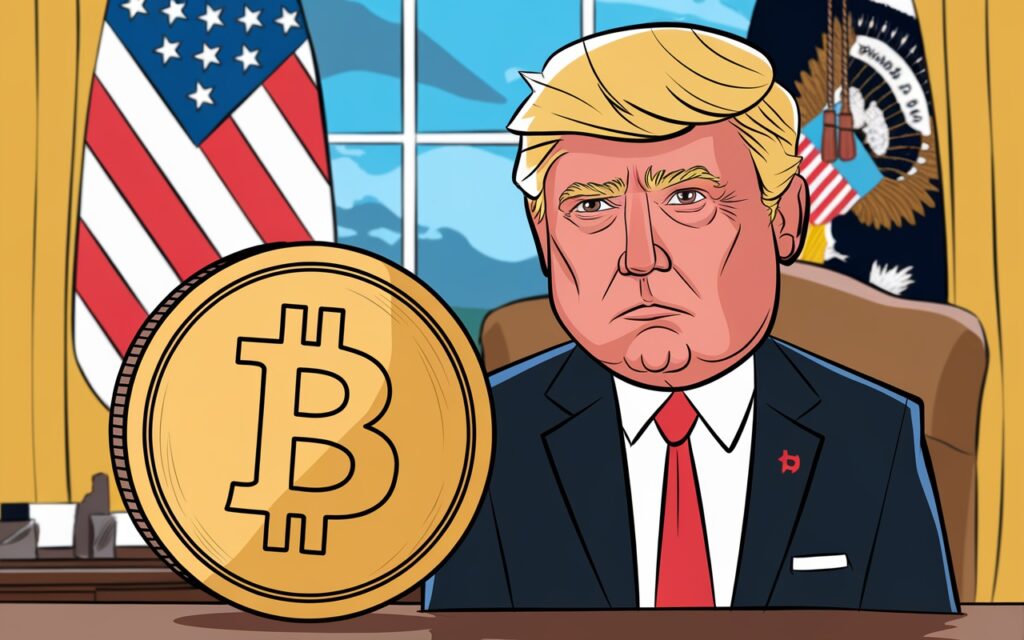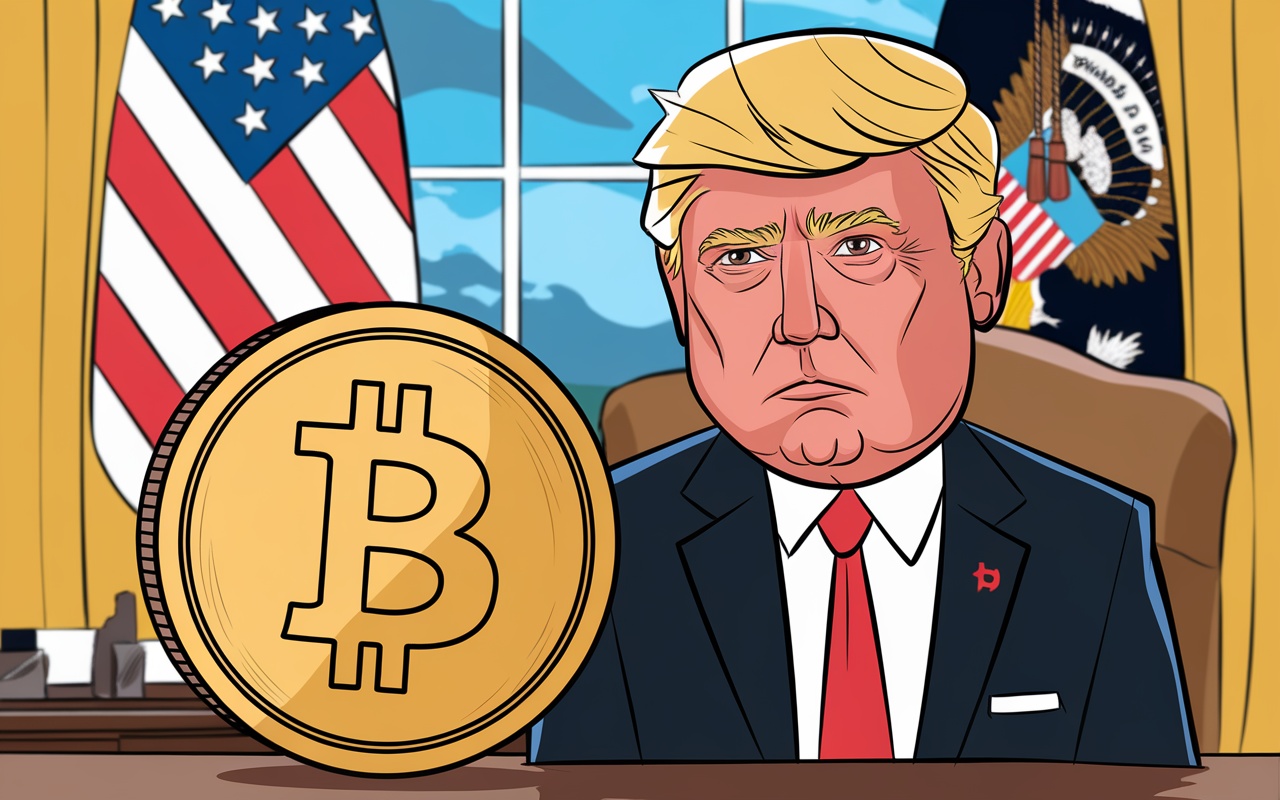Trump’s Crypto Summit: What It Means for Bitcoin and the Future of U.S. Crypto Regulation

The White House has confirmed that President Donald Trump’s upcoming crypto summit on March 7 will not focus on tax policies but rather on shaping a pro-crypto regulatory framework. The event aims to reverse anti-crypto policies from the previous administration and reinforce Bitcoin’s role as a strategic digital asset for the U.S. government.
So, what does this mean for Bitcoin holders, crypto investors, and the broader industry? Let’s break it all down.
What to Expect from Trump’s Crypto Summit
A senior White House official has stated that the summit will primarily be a forum for industry leaders to provide feedback on regulatory policies. This aligns with Trump’s campaign promise to establish a crypto council and end Operation Chokepoint 2.0, the reported effort by the previous administration to limit banking access for crypto companies.
The official dismissed speculation about tax changes, clarifying that no new crypto tax policies will be announced at the summit. Instead, discussions will revolve around:
- Rolling back restrictive regulations
- Encouraging responsible Bitcoin adoption
- Positioning the U.S. as a global leader in digital assets
This signals a shift in how the U.S. government interacts with crypto, potentially paving the way for a more pro-business environment for blockchain innovation.
Bitcoin’s New “Special Treatment” on the U.S. Balance Sheet
Perhaps the most significant revelation is that Bitcoin will receive special treatment on the federal government’s balance sheet. This aligns with Trump’s March 6 executive order that established a Bitcoin reserve, treating BTC as a strategic asset akin to digital gold.
Key Takeaways from Trump’s Bitcoin Reserve Policy:
- The government will hold Bitcoin long-term, rather than selling it like in previous years.
- The Treasury and Commerce Departments will explore ways to accumulate more Bitcoin without increasing taxpayer burden.
- Bitcoin will be treated separately from the “digital asset stockpile,” which includes other cryptocurrencies held by the government.
This move suggests that Bitcoin could become a key reserve asset for the U.S., strengthening its role as a store of value on a national scale.
The Bigger Picture: How This Affects the Crypto Industry
1. More Regulatory Clarity for Crypto Businesses
With Trump signaling a shift toward pro-crypto policies, businesses in the sector may face fewer restrictions and greater access to banking services. This could attract more institutional players to the space and accelerate mainstream adoption.
2. Bitcoin’s Institutional Legitimacy Strengthens
The government’s decision to hold and potentially increase Bitcoin reserves sends a strong message about Bitcoin’s long-term value. This could reinforce Bitcoin’s reputation as a global store of value and fuel further adoption by institutional investors.
3. Future Tax Policies Still Uncertain
While the summit won’t focus on taxes, crypto investors should remain aware that future tax changes could still be introduced. The government’s shift toward accumulating Bitcoin raises questions about how it may impact tax regulations on long-term crypto holdings.
A Turning Point for U.S. Crypto Policy?
Trump’s crypto summit marks a pivotal moment in U.S. crypto policy. With an emphasis on reversing restrictive regulations and recognizing Bitcoin as a strategic asset, this administration could create a more crypto-friendly environment moving forward.
For Bitcoin holders and investors, this is a strong endorsement of Bitcoin’s long-term value. However, broader questions remain about how other cryptocurrencies will be treated and whether future tax policies will impact investors.
For now, one thing is clear: crypto is becoming a bigger part of U.S. economic strategy than ever before.







